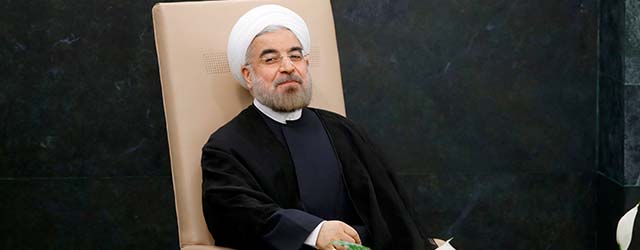A strong showing by moderates in February’s elections to Iran’s parliament and assembly of experts (the constitutional body that appoints and dismisses the supreme leader) has boosted prospects for the Islamic republic’s reintegration into the global economy and reassured foreign investors that reforms will continue.

Although analysts caution that hardliners opposed to closer ties with the West could still halt further reforms, the election results clearly endorse the policies of president Hassan Rouhani, in particular solidifying the success of his nuclear pact ahead of next year’s presidential elections.
Research consultancy Capital Economics estimates that Iran could see GDP growth of more than 5% for a few years, as it gears up the spare capacity created by the impact of the recently relaxed sanctions.
However, large parts of the economy have been starved of investment, and Iran’s all-important oil sector is hampered by the collapse of oil prices, which is squeezing export revenues. Meanwhile, some observers believe that the country’s banking sector is sitting on a vast pile of bad loans. In March, the vice-governor for economic affairs at Iran’s central bank was reported to have suggested that Iran could set up an asset management company to absorb the surfeit of toxic debt.
All dollar-denominated transactions remain prohibited under residual US sanctions, and foreign banks remain skeptical about dealing with their Iranian counterparts.
Optimism over the lifting of sanctions aside, Iran’s business environment continues to be opaque. In its Doing Business 2016 survey, the World Bank ranked Iran 118 out of 189 economies for ease of doing business. According to Torbjorn Soltvedt, head of MENA at risk consultancy Verisk Maplecroft, economic policy is often thwarted by political bickering. “Iran’s business environment and economy hang in the balance as a result of internal political wrangling,” he said. “Rouhani will be concerned that the supreme leader is unlikely to shield the government from hard-line critics when it comes to issues such as economic reform and liberalization.”
The powerful Revolutionary Guards also exert their influence over large parts of the economy. With a second-round electoral run-off in April, moderates might consolidate their grip on power. But even if they do, Iran’s promise as a lucrative market for foreign investment looks some way off.



